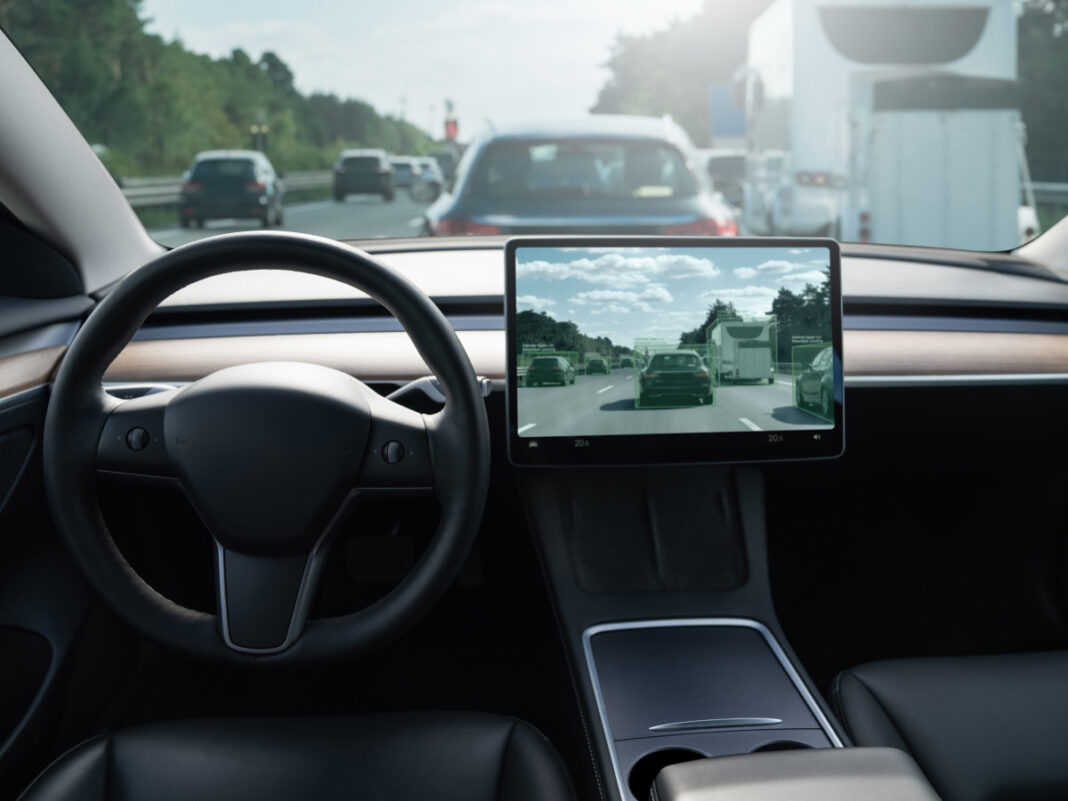Imagine a world in which cars drive themselves, traffic accidents are significantly reduced, and your daily commute becomes an opportunity for productivity or relaxation. This is not a distant future—autonomous vehicles (AVs) are paving the way for a transformative shift in how we live and move.
A Safer Road Ahead
Every year, around 40,000 people lose their lives in traffic accidents in the United States, with 90% attributed to human error, such as distracted driving and exhaustion. Autonomous vehicles have the potential to drastically improve road safety by eliminating these human errors. In fact, driverless cars are expected to significantly reduce fatalities by avoiding human weaknesses like fatigue and distraction.
Companies like Waymo, Google’s autonomous vehicle platform, are at the forefront of this technological revolution. Waymo Driver uses LiDAR, radars, and 360-degree cameras to navigate complex environments safely. This technology has already covered millions of miles in real-world and simulated environments, showcasing its potential to reduce the demand for parking and eliminate traffic tickets through precise adherence to traffic laws.
Revolutionizing Urban Landscapes
Autonomous vehicles are set to reshape our cities and urban design. As personal car ownership declines and ride-sharing becomes the norm, vast spaces currently used for parking lots and gas stations can be repurposed. Imagine transforming these areas into parks, bike lanes, and pedestrian-friendly zones, enhancing the livability of urban spaces.
Efficient traffic management is another significant benefit. With AVs, static traffic lights could be replaced by dynamic, sensor-driven models that adjust in real-time to traffic conditions, reducing congestion and improving the flow of vehicles.
Environmental Benefits
The environmental impact of autonomous vehicles could be profound. By optimizing routes and reducing unnecessary driving, AVs are expected to lower greenhouse gas emissions significantly. Studies project an 87-94% reduction in emissions per vehicle mile by 2030. When combined with electric vehicle (EV) technology, the environmental benefits are even greater, contributing substantially to efforts against climate change.
Enhancing Mobility and Accessibility
A transformative aspect of autonomous vehicles is the increased mobility for those who cannot drive. Elderly individuals, disabled persons, and non-drivers will gain newfound independence. Parents could send children to school safely without accompanying them, and commuters could use travel time for work or relaxation. Self-driving cars promise enhanced personal mobility, reshaping how we think about transportation.
Economic Shifts and Job Transformation
While AVs bring numerous benefits, they also pose challenges, particularly in the job market. Automation is expected to reduce demand for human drivers in sectors like trucking, taxi services, and ridesharing. This shift will impact the livelihood of transportation-sector employees. However, it will also create new opportunities in engineering, fleet operation, and traffic control, necessitating workforce retraining and upskilling.
Economic benefits extend beyond job creation. With reduced accidents, there will be lower demands on emergency services. Businesses will save on logistics and delivery costs as autonomous trucks and drones enable 24/7 operations, improving efficiency and reducing operational expenses.
Ethical and Regulatory Considerations
The transition to autonomous vehicles raises important ethical questions. In unavoidable accident scenarios, how should an AV’s algorithm decide between potential harms? Issues like the trolley problem dilemma challenge programmers and policymakers to address the morality of AI decision-making.
Regulatory frameworks must evolve in order to accommodate the complexities of AVs. Governments must tackle liability issues, privacy concerns, and cybersecurity risks. Public skepticism remains high due to safety concerns. Building trust requires transparent communication about the technology’s safety and reliability.
Transforming Commutes and Lifestyles
Autonomous vehicles will transform our daily commutes and overall lifestyle. Commuters can reclaim time spent in traffic, using it for work, leisure, or rest. The convenience of AVs may also disrupt short-haul air travel, as comfortable, driverless cars offer competitive travel times without the hassles of airports.
Challenges and Considerations
Despite the promising future, challenges remain. Technical hurdles like perfecting software to handle all driving conditions are significant. Cybersecurity threats pose risks to passenger safety and privacy. Additionally, there’s a need to ensure that the benefits of AVs are equitably distributed across society, preventing disparities in accessibility.
Embracing the Future
As we stand on the cusp of this transportation revolution, it’s essential to embrace the potential of autonomous vehicles while proactively addressing associated challenges. Collaboration among technology developers, policymakers, and the public is crucial. By working together, we can navigate towards a future where AVs contribute to safer roads, cleaner environments, and more livable cities.


